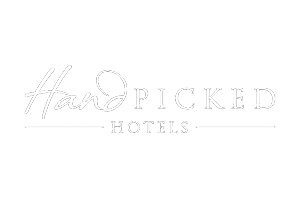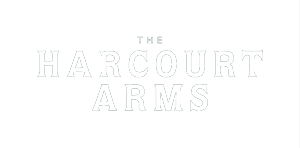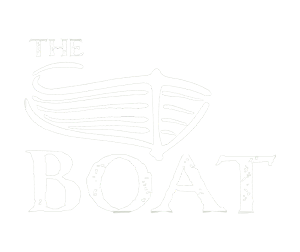
Top five revenue management mistakes and how to avoid them
Revenue management is often a role thought of only applicable to one key member of the team; the revenue manager. However, there are more roles that involve revenue management responsibilities than you may think.
Having knowledge of these responsibilities and how they can affect the greater impact of effective revenue management in a hotel, can mean the difference between your property coasting along or enjoying success.
Here we’ve picked five common phrases heard in the hotel industry that should make any skilled revenue manager cringe!
“I’ve worked in revenue management for years; I don’t need training”
Sometimes managers believe that training is for new recruits only and that experience working in hotels is enough training for them to be effective at their job.
Hotels that don’t believe that training is a positive long-term investment are those in need of training more than others.
A successful hotel is one that empowers its staff to improve their skills, adopting new practices to meet changing demands of the customer. Revenue management training gives staff the skills to improve not only their own working practises but those around them with revenue management responsibilities.
“Only revenue managers will benefit from revenue management training”
This statement is blinkered and ignores the positive outcome that training a workforce can achieve. Your front of house staff members can contribute to the success of the hotel in a number of ways, both directly and indirectly, and are at the realm of customer experience and your hotel reputation.
This is sometimes overlooked by hotel management who believe an employee’s effect on the company is limited to their direct responsibilities, rather than the change they could have on the environment and people around them. Learning new skills and understanding how their role affects the hotel as a business should empower staff and increase their motivation and loyalty to the hotel brand.
“What harm can one customer do?”
A customer is far more likely to leave a negative review than a positive one. In this day of technology and communication apps at customers’ fingertips, it pays to be aware how quickly an issue that could have been resolved swiftly can become a viral PR disaster. Don’t let one mistake ruin the hard-earned reputation of your hotel.
Gaining skills in reputation management can be done in two ways; either through the revenue manager who passes those skills to customer-facing staff through in-house training sessions, or through staff training where everyone receives the same level of training and understanding.
“We charge this rate for weekdays and this rate for weekends”
Customers can access hotel rate comparisons online within seconds, so you can’t afford to be too restricted with pricing and ignore customer demands. On the other hand, don’t change your prices every hour of the day and week.
A revenue manager should be responsive to the market but not reckless in pricing decisions. Be honest, ensure the best price is available for a room at any given time, and let customers make their own choices.
“I’m sorry, the computer won’t allow me to do that”
If you can’t be flexible, your customer will probably go elsewhere. Whether it’s overnight accommodation, business use, or a function, being flexible and showing you have the customer’s interests in mind will work wonders.
This is where revenue managers should have clear knowledge of what your hotel CAN provide and the limitations. Even if you can’t meet demands, you’ll win reputation points for providing good customer service and offering an alternative solution that could work for both parties involved.
If a hotel has no clear revenue management strategy or understanding of customers’ needs and wants, it can’t anticipate market trends and analyse its position against rival hotels. This is a huge disadvantage in the already competitive hotel market.
Find out more about the courses we provide, including course synopsis, pricing and dates, via the training calendar.
